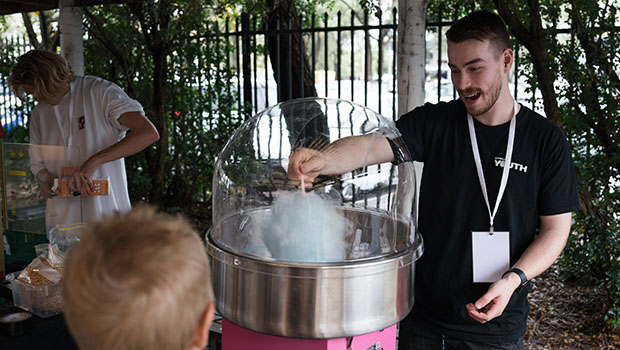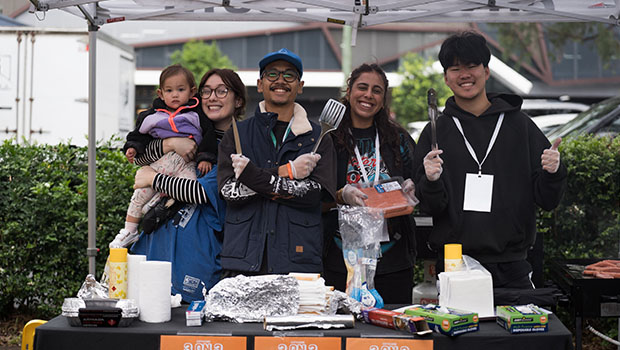Today marks International Women’s Day. One of this year’s the themes is ‘break the bias,’ inviting us to imagine what a gender equal world would look like and consider how we can contribute to breaking the bias against girls and women in our own spheres and areas of influence, whether that be our workplaces, community organisations, schools, or universities.
Gender bias is something that can be both implicit and unconscious and is the preference of one gender over another, creating inequality and setting limits on the other gender, leading to discrimination.
It is also something that can be ingrained in us from a young age through family, cultural and societal traditions and expectations or religious beliefs. Some examples of gender stereotyping include:
- Men having difficulty submitting to the leadership of women.
- Culturally ingrained phrases such as “you throw like a girl” (intended as an insult), and “take it like a man” (used to encourage a display of strength, not weakness). These phrases imply to girls and boys from a young age that masculinity is equated with strength and femininity is somehow equated with inferiority and weakness.
- Accusing women and girls of being ‘overly emotional,’ and undermining them when they assert their feelings.
- Assuming women are too emotional to take on certain types of work.
- Believing all girls and women naturally dream of having children.
- Unequal pay for the same job.
- Labelling women as ‘bossy’ when the same statement or action from a man would be considered as ‘showing leadership.’
- Gendered toys (dolls for girls, and trucks for boys), and gendered colours (blue for boys and pink for girls).
- Assumed gender roles – women are ‘gentle nurturers’ and men are ‘strong leaders.’
These stereotypes or rules can pigeon-hole women and girls and can be the basis of discrimination and inequality in all sectors of society.
At CityCare, we champion women’s achievements, their strength, expertise, and contributions. We value empowering women to find their place and their voice in their homes and communities, equipping them with the tools to flourish, lead and impact in their world.
One way we do this is through SHINE Women and SHINE GIRL programs where each participant develops an understanding of her own personal worth, strength and purpose and realises her capacity to build a meaningful and contributing life.
Laura, a SHINE co-leader, shares her experience from the program:
I first attended SHINE in 2013 when I was so broken by life experiences. I had never explored my self-worth and self-identity, and the more times I’ve gone back to SHINE, I always develop a deeper relationship with myself, my dreams, my emotions, my needs, and my relationships with others. It has given me a foundation that has helped me now start my own business, and I continue to run SHINE in the community as often as I can. I want other women to have a deep revelation of their worth, strength and purpose and start to impact their own communities, friendship groups, families, and workplaces. The message of worth and value is a timeless and needed message for women today.
SHINE Women has given me the tools to set healthy boundaries, develop a sense of self-worth and self-identify and helped me envision a future that is productive and meaningful.
I’ve taught SHINE in jails, schools, in Indonesia and Thailand and at home in Australia, and the message is the same: “You have value, you have worth, you are important, you matter, your life matters.”
Together we can forge ahead for women’s equality, breaking bias in our communities, in our schools and in our workplaces. We can’t always change the bias in other people, but by being responsible for addressing our own, we can inspire others to also break the bias in their own world.
Discover more about SHINE Women, SHINE Girl and other CityCare Programs




